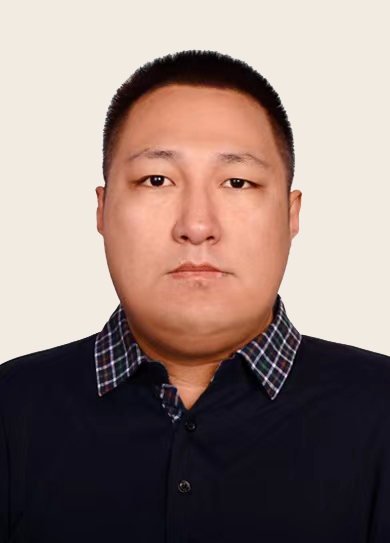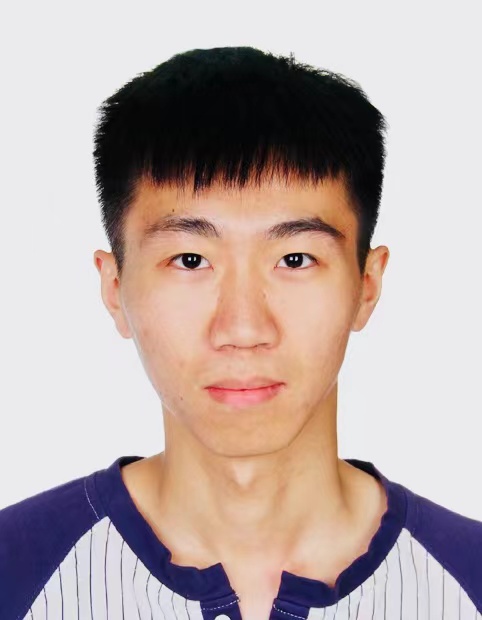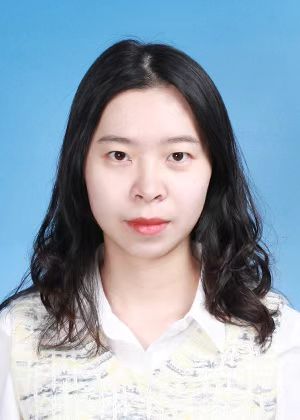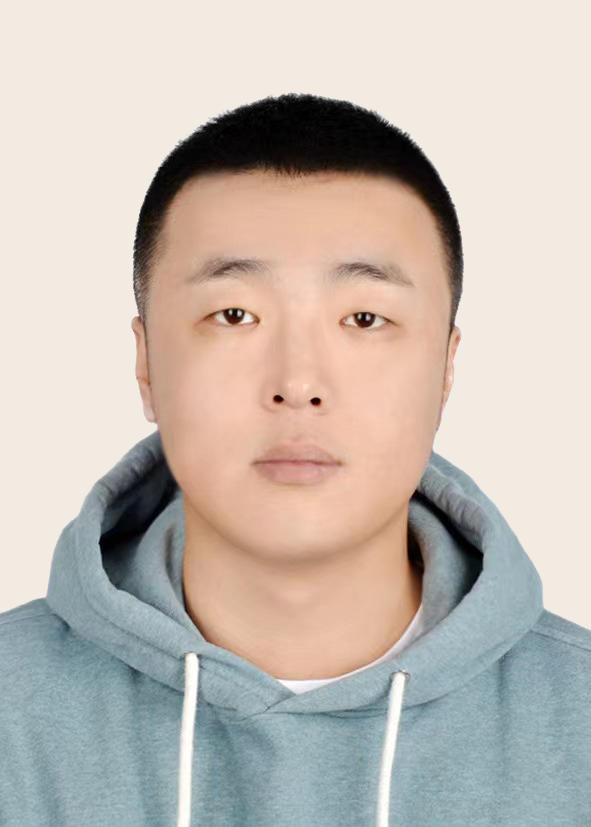Migration processes that began in the middle of the 19th century and influenced the development of the northeast of China were determined by the counter waves of the “Transition to Guangdong” movement and the construction of the CER, closely intertwined with the anti-colonial movement in China, the fall of the Qing rule, and Japanese aggression. The novelty of the study is the correlation of ethnographic and religious studies observations of the early 20th century, made by the Russian ethnographer and sinologist, writer P.V. Shkurkin and research data of modern Chinese historians and ethnologists, addressed to the religious life of the North Manchurian town of Hulanchen. These texts not only record the unique ethnographic, ethnosocial and ethno-religious materials in their historiographical paradigm and dynamics: the ambivalent correlation of Russian and Chinese attitudes to the perception of ethno-religious processes through the prism of “us/them” and “unbiased/biased” also explicates the deep processes of inculturation and syncretization of religious beliefs of the population of northeastern towns as a result of their voluntary Sinicization. The average Manchurian town of Hulanchen becomes the prototype of the entire Northern Manchuria of the early 20th century. Devoid of politically biased connotations, the study captures the details of the ethnocultural life of northeast China half a century after the beginning of the “Transition to Guangdong”, noting the transformation of the ethnic and spiritual consciousness of the inhabitants of Northern Manchuria. This perspective of scientific research opens up new facets in modern urbanism – through the prism of religious reconstructions.
Keywords: Transition to Guangdong, Northern Manchuria, migration processes, Hulanchen, ethno-religious customs and traditions, assimilation, inculturation, religious syncretism, P.V. Shkurkin, literary ethnography
DOI: 10.22250/20728662_2022_3_64
About the authors
 |
Anna A. Zabiyako – Doctor of Philology, Professor, Head of the Department of Literature and World Art Culture, |
 |
Zhou Xinyu – Postgraduate student of the Department of Literature and World Art Culture, |
 |
Liu Shi – Postgraduate student of the Department of Literature and World Art Culture, |
 |
Feng Yishan – Postgraduate student of the Department of Literature and World Art Culture, |
 |
Qu Zhi – Postgraduate student of the Department of Literature and World Art Culture, |






